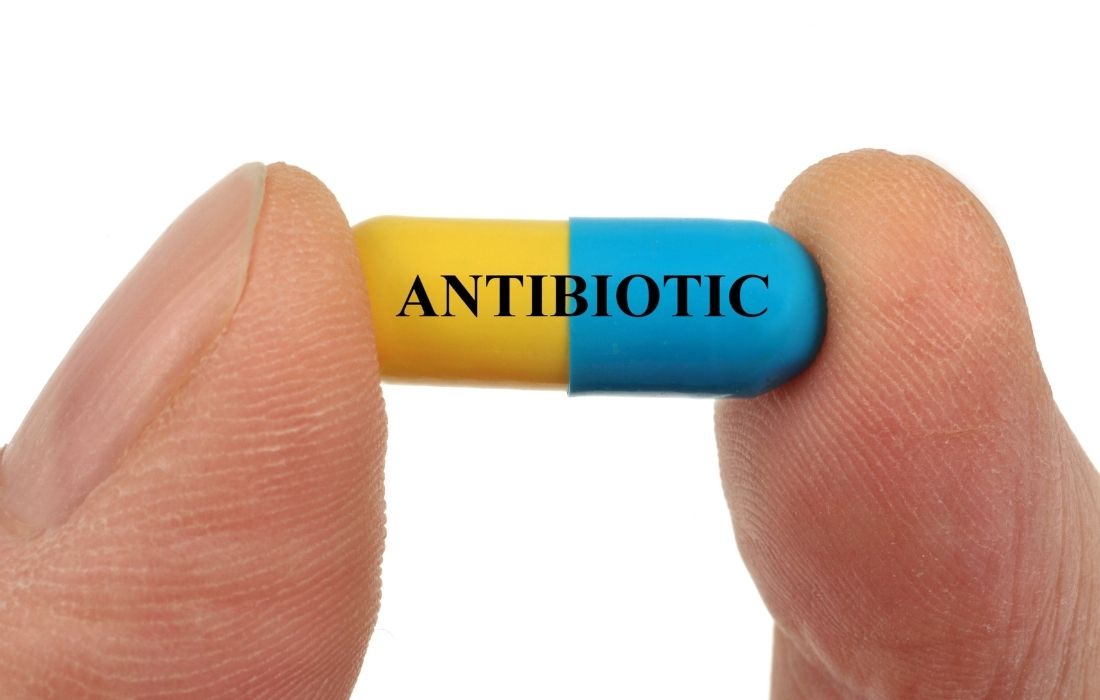 When discussing dental care, one paramount thing to note is that premedication may be required depending on whether you are a victim of other underlying condition(s) or not. One of these premedications is using antibiotics. Antibiotics are generally used to address diseases or particular infections in the body. Basically, they fight bacteria that are the root of dental ailments. Some of these antibiotics include; Penicillin, Tetracycline, Co-trimoxazole, Erythromycin, Ampicillin and so on; while some, like the penicillin, is used to treat several bacteria afflictions with a very minimal side effect, others like Metronidazole are combined with Penicillin to treat a critical case of ulcerative gingivitis (notorious for causing severe gum infection and bad breath). Cephalosporin, on the other hand, may be used by patients that are allergic to other examples of antibiotics. Before proceeding with any notable dental care, a dentist may seek to recommend an effective antibiotic with the aim of preventing more germs from manifesting in the mouth.
When discussing dental care, one paramount thing to note is that premedication may be required depending on whether you are a victim of other underlying condition(s) or not. One of these premedications is using antibiotics. Antibiotics are generally used to address diseases or particular infections in the body. Basically, they fight bacteria that are the root of dental ailments. Some of these antibiotics include; Penicillin, Tetracycline, Co-trimoxazole, Erythromycin, Ampicillin and so on; while some, like the penicillin, is used to treat several bacteria afflictions with a very minimal side effect, others like Metronidazole are combined with Penicillin to treat a critical case of ulcerative gingivitis (notorious for causing severe gum infection and bad breath). Cephalosporin, on the other hand, may be used by patients that are allergic to other examples of antibiotics. Before proceeding with any notable dental care, a dentist may seek to recommend an effective antibiotic with the aim of preventing more germs from manifesting in the mouth.
Why Do I Need Antibiotics Before a Cleaning?
Antibiotics are mostly considered to be safe to use; however, due to tendencies associated with allergies exhibited by some people, the use of antibiotics is recommended to be used only when irrevocably necessary to do so.
Studies have meanwhile shown that the use of antibiotics by patients with heart problems is fundamental before a dental cleaning; this is because some patients with underlying heart problems like an infection in the heart chambers or those that have gone through a transplant may be subject to further complications to their hearts. This is largely because bacteria in the gum may get into the bloodstream while undertaking dental procedures, making the patient run the risk of heart seizures or failure.
It is important to note that it is globally deemed a step in the right direction to use antibiotics when performing a dental cleaning on a patient running the risk of a genetic heart infection like infective endocarditis since it is an infection notorious for causing heart failure.
Broadly speaking, the American Health Association (AHA) has suggested the use of antibiotics for the following categories of people with severe heart conditions who may run the risk of further complications:
- Modified genetic heart infection with remnant defects like irregular discharge or constant leaks.
- An unfixed cyanotic heart disorder that is associated with a defective condition at birth and accompanied by an insufficient oxygen level
- A genetic heart defect has been surgically fixed with artificial elements lasting less than seven months.
- A reconstructive heart surgery with unusual functioning of the heart valves
- A surgically reconstructed heart valve with an artificial or prosthetic substance
- A patient with an underlying record of endocarditis heart infection
Nevertheless, the above list is not exhaustive; a patient with other heart conditions may not fall into any of these categories; such a patient is expected to consult with a heart specialist before embarking on dental cleaning.
Other cases that may necessitate the use of antibiotics
The use of antibiotics before cleaning is not limited to patients with poor heart conditions alone; a detection of severe affliction around your mouth orchestrated by a swollen gum or fever may also necessitate the use of antibiotics. Additionally, a patient with an immune disorder like cancer, diabetes, chronic ulcer etc., may also need to use antibiotics before undertaking a dental cleaning.
It is, however, imperative to note that maintaining an excellent oral health like brushing the teeth, eating healthily, and regular visitation to the dentist may prevent the need for serious dental procedures. Should extreme dental care becomes necessary, it is vital to provide your dentist with your medical records so as not to run the risk of further complicating your health condition.
Contact us for all Dental Needs in Clackamas
Related Posts:
When to Get a Root Canal and When to Pull the Tooth
How Long Can I Go Without a Tooth?
Difference Between Crown and a Bridge
When a Dental Bridge is the Best Option